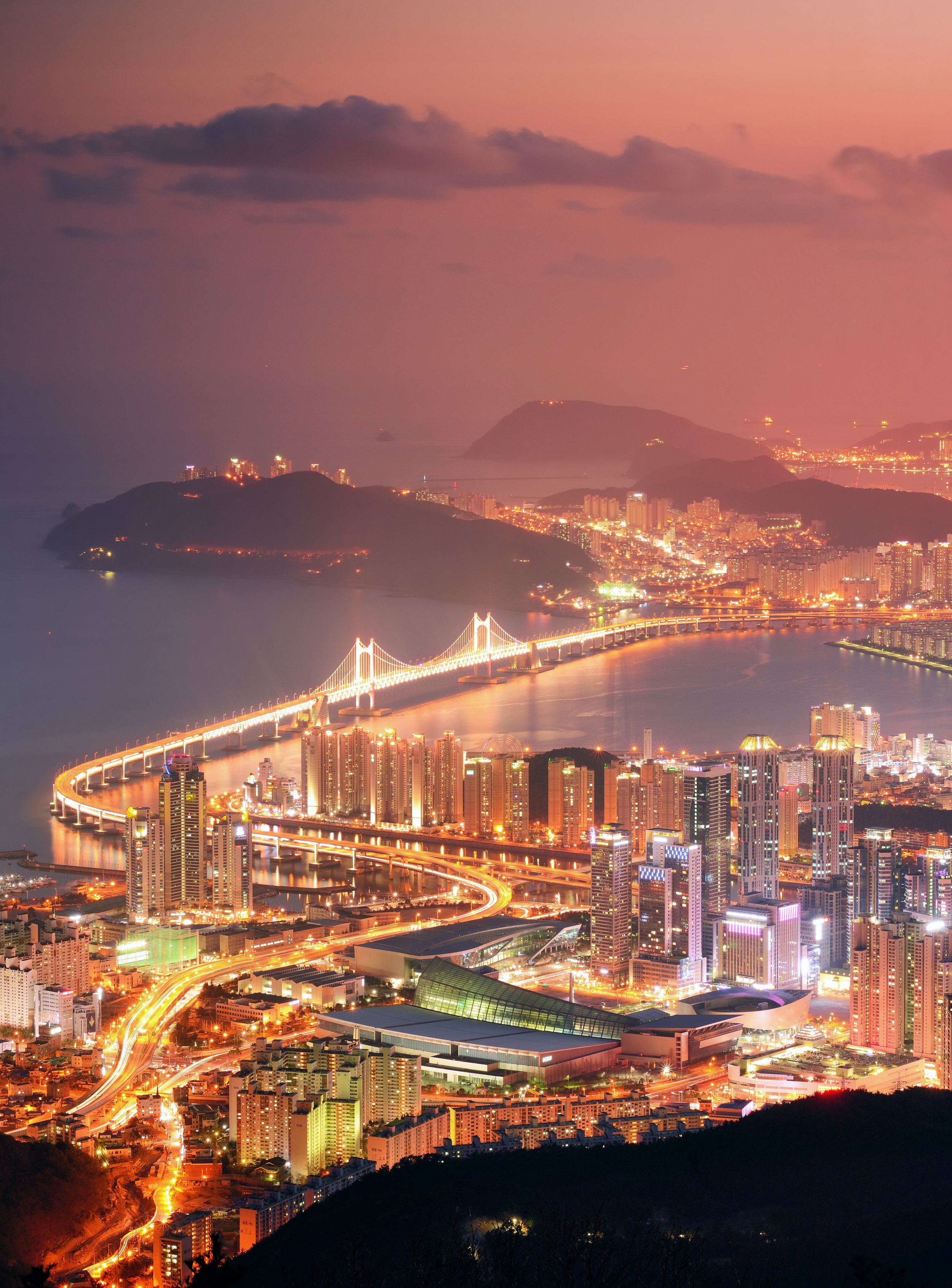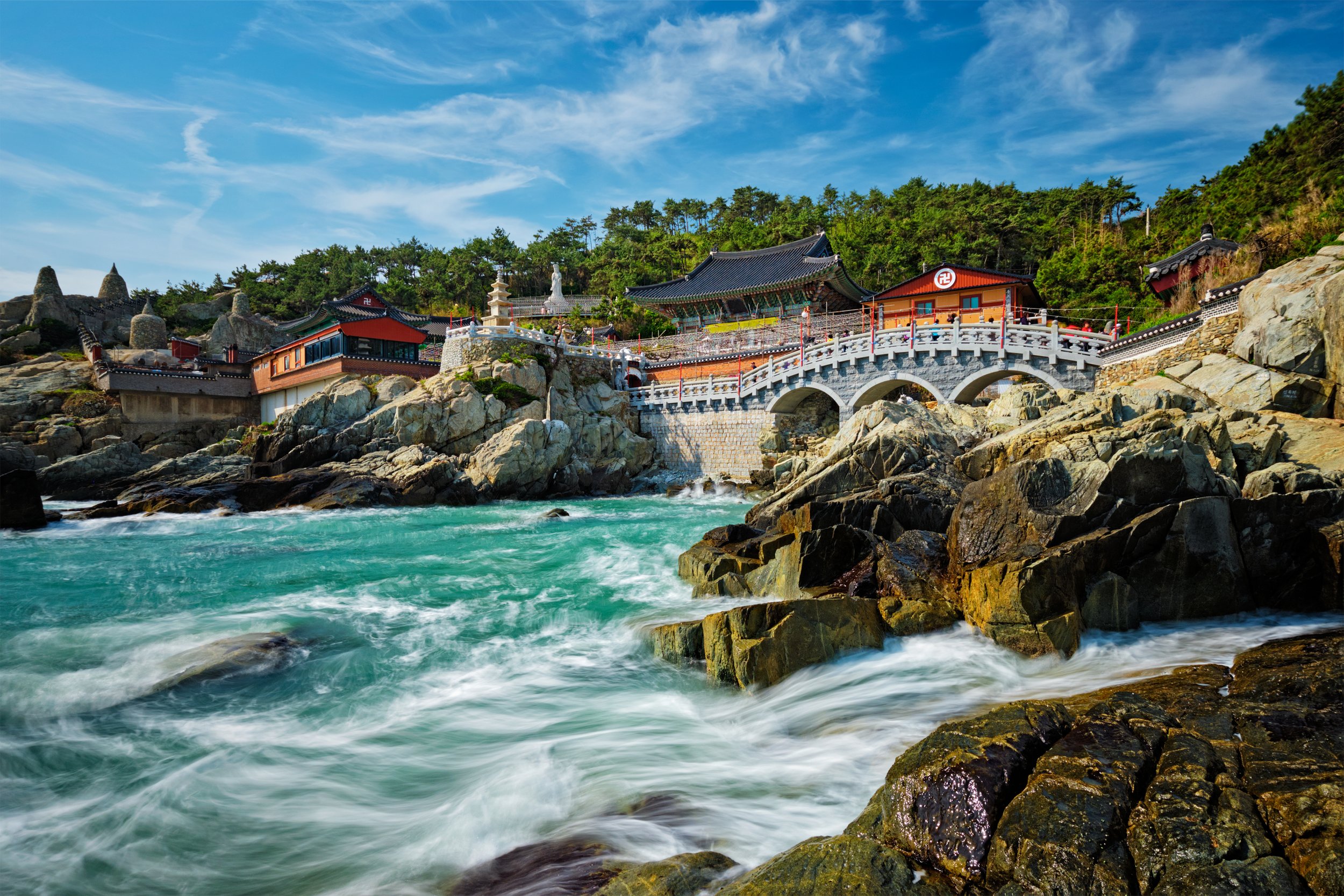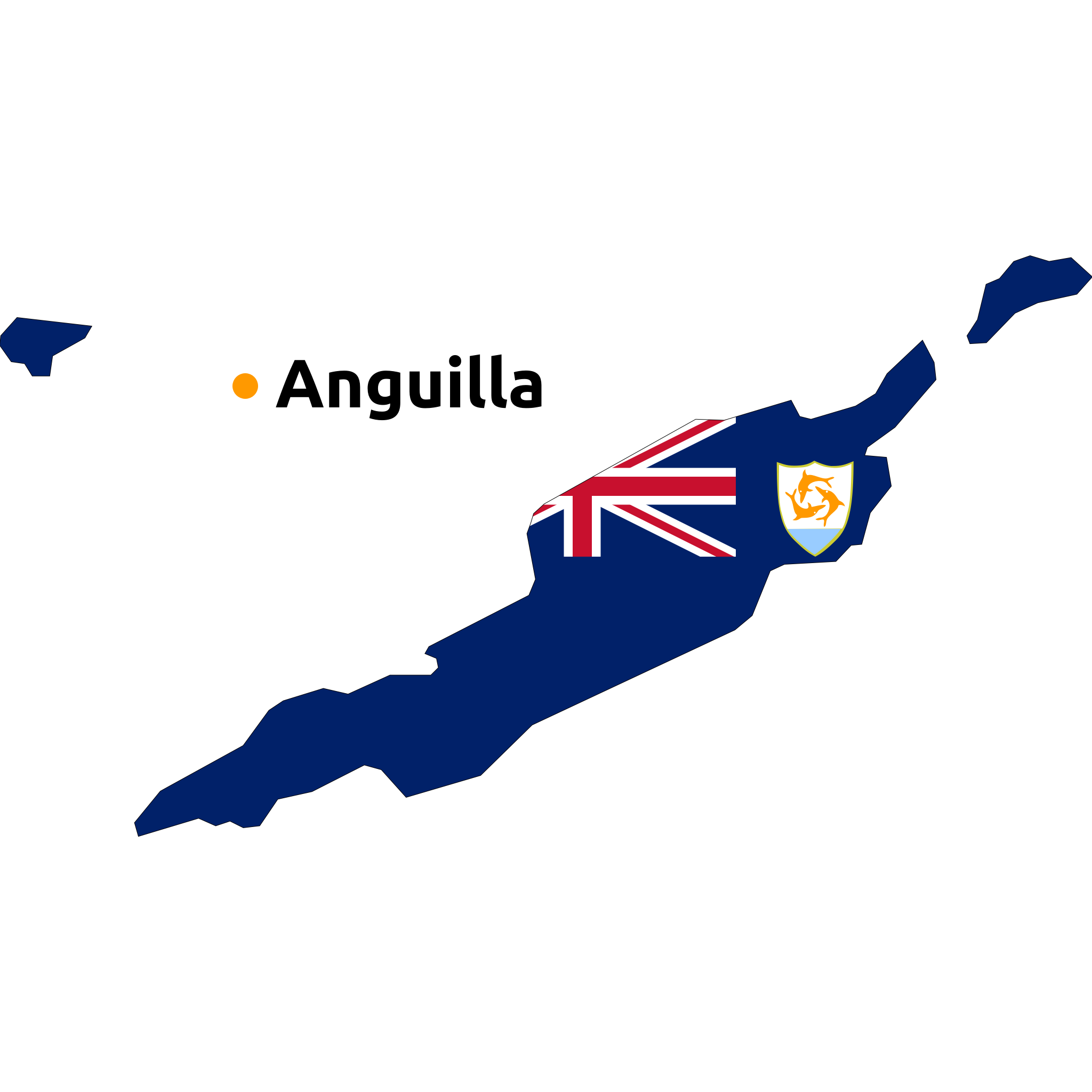Country Summary: South Korea (Republic of Korea)






Country Name: South Korea (Republic of Korea)
Capital: Seoul
Government Type: presidential republic
Background: The first recorded kingdom (Choson) on the Korean Peninsula dates from approximately 2300 B.C. Over the subsequent centuries, three main kingdoms - Kogoryo, Paekche, and Silla - were established on the Peninsula. By the 5th century A.D., Kogoryo emerged as the most powerful, with control over much of the Peninsula, as well as part of Manchuria (modern-day northeast China). However, Silla allied with the Chinese to create the first unified Korean state in the late 7th century (688). Following the collapse of Silla in the 9th century, Korea was unified under the Koryo (Goryeo; 918-1392) and the Chosen (Joseon; 1392-1910) dynasties.
Korea became the object of intense imperialistic rivalry between the Chinese (its traditional benefactor), Japanese, and Russian empires in the latter half of the 19th and early 20th centuries. Following the Sino-Japanese War (1894-95) and the Russo-Japanese War (1904-1905), Korea was occupied by Imperial Japan. In 1910, Tokyo formally annexed the entire Peninsula. Korea regained its independence following Japan's surrender to the US and its allies in 1945. After World War II, a democratic government (Republic of Korea, ROK) was set up in the southern half of the Korean Peninsula while a communist-style government was installed in the north (North Korea; aka Democratic People's Republic of Korea, DPRK). During the Korean War (1950-53), US troops and UN forces fought alongside ROK soldiers to defend South Korea from a North Korean invasion supported by communist China and the Soviet Union. A 1953 armistice split the Peninsula along a demilitarized zone at about the 38th parallel.
Syngman RHEE led the country as its first president from 1948-1960. PARK Chung-hee took over leadership of the country in a 1961 coup. During his regime from 1961 to 1979, South Korea achieved rapid economic growth, with per capita income rising to roughly 17 times the level of North Korea in 1979. PARK was assassinated in 1979, and subsequent years were marked by political turmoil and continued authoritarian rule as the country's pro-democracy movement grew. South Korea held its first free presidential election under a revised democratic constitution in 1987, with former South Korean Army general ROH Tae-woo winning a close race. In 1993, KIM Young-sam (1993-98) became the first civilian president of South Korea's new democratic era. President KIM Dae-jung (1998-2003) won the Nobel Peace Prize in 2000 for his contributions to South Korean democracy and his "Sunshine Policy" of engagement with North Korea. President PARK Geun-hye, daughter of former South Korean President PARK Chung-hee, took office in February 2013 as South Korea's first female leader. In December 2016, the National Assembly passed an impeachment motion against President PARK over her alleged involvement in a corruption and influence-peddling scandal, immediately suspending her presidential authorities. The impeachment was upheld in March 2017, triggering an early presidential election in May 2017 won by MOON Jae-in. In March 2022, longtime prosecutor and political newcomer YOON Suk Yeol won the presidency by the slimmest margin in South Korean history.
Discord and tensions with North Korea, punctuated by North Korean military provocations, missile launches, and nuclear tests, have permeated inter-Korean relations for years. Despite a period of respite in 2018-2019 ushered in by North Korea's participation in the 2018 Winter Olympic and Paralympic Games in South Korea and high-level diplomatic meetings, including historic US-North Korea summits, relations were strained as of early 2024. In 2024, Pyongyang announced it was ending all economic cooperation with South Korea, a move that followed earlier proclamations that it was scrapping a military pact signed in 2018 aimed at de-escalating tensions along their militarized border, abandoning the country’s decades-long pursuit of peaceful unification with South Korea, and designating the South as North Korea’s “principal enemy.”
Continent: Asia
Population: 51,966,948 (2023 est.)
Ethnic Groups: homogeneous
Languages: Korean, English (widely taught in elementary, junior high, and high school)
Religions: Protestant 19.7%, Buddhist 15.5%, Catholic 7.9%, none 56.9% (2015 est.)
Economic Overview: strong export-driven East Asian economy; sustainable and social policy leader; foreign aid financier; automotive manufacturing; app-based developer and exporter; global healthcare technology leader; aging workforce; largest semiconductor producer
Currency: South Korean Won (KRW)
Reserves of Foreign Exchange & Gold: $423.366 billion (2022 est.) note: holdings of gold (year-end prices)/foreign exchange/special drawing rights in current dollars
Real GDP (Purchasing Power Parity): $2.352 trillion (2022 est.) note: data in 2017 dollars
Real GDP Growth Rate: 2.61% (2022 est.) note: annual GDP % growth based on constant local currency
Real GDP per Capita: $45,600 (2022 est.) note: data in 2017 dollars
Exports:
$820.643 billion (2022 est.) note: balance of payments - exports of goods and services in current dollars
Comparison Ranking: 9
Export Commodities: integrated circuits, cars and vehicle parts, refined petroleum, office machinery, ships, telephones (2021)
Export Partners: China 24%, US 15%, Vietnam 9%, Hong Kong 6%, Japan 5% (2021)
Imports:
$811.129 billion (2022 est.) note: balance of payments - imports of goods and services in current dollars
Comparison Ranking: 9
Import Commodities: crude oil, integrated circuits, natural gas, refined petroleum, photo lab equipment, cars, iron (2021)
Import Partners: China 24%, US 12%, Japan 9%, Vietnam 4%, Taiwan 4% (2021)
Natural Resources: coal, tungsten, graphite, molybdenum, lead, hydropower potential
Agricultural Products: rice, vegetables, cabbages, milk, onions, pork, poultry, eggs, tangerines/mandarins, potatoes
Industries: electronics, telecommunications, automobile production, chemicals, shipbuilding, steel
Industrial Production Growth Rate:
1.35% (2022 est.) note: annual % change in industrial value added based on constant local currency
Comparison Ranking: 140
Labor Force: 29.314 million (2022 est.)
Unemployment Rate: 2.86% (2022 est.) note: % of labor force seeking employment
Natural Hazards: occasional typhoons bring high winds and floods; low-level seismic activity common in southwest
Volcanism: Halla (1,950 m) is considered historically active although it has not erupted in many centuries
Geography:
Total: 99,720 sq km
Land: 96,920 sq km
Water: 2,800 sq km
(Country Summary, The World Factbook, CIA.gov)
LEGAL, FINANCIAL, & TAX ADVICE DISCLAIMER: The information on SportsLifeMoney’s™ (“SLM”) websites, podcast network, videos, social media accounts, and other platforms (collectively, “SLM Platforms”) is strictly and solely provided for educational and informational purposes only. All of the information and materials on the aforementioned SLM Platforms do not constitute and are not intended to provide legal, financial, accounting, or tax advice, and should not be relied on in that respect. SLM recommends that you consult with an attorney, certified financial advisor, or licensed accountant to answer any legal, financial, or tax questions you may have. SLM also recommends that you consult with an attorney, certified financial advisor, or licensed accountant before making any legal, financial, or tax-related decisions based on content and/or subject matter included and/or discussed on any of the SLM Platforms. Before you act or rely on any information you have heard, read, viewed, and/or listened to on any of the SLM Platforms or communication mediums, SLM recommends that you confirm any and all facts that are important to your decision and that you subsequently consult with an appropriate professional (e.g., attorney, certified financial advisor, certified accountant, etc.) and have them review these facts and also confirm their validity. CAUTION: IF YOU RELY ON ANY INFORMATION, CONTENT, PRODUCT, OR SERVICE FROM ANY OF THE SLM PLATFORMS, YOU DO SO AT YOUR OWN RISK. YOU UNDERSTAND THAT YOU ARE SOLELY RESPONSIBLE FOR ANY AND ALL DAMAGES OR LOSS THAT YOU MAY INCUR THAT RESULTS FROM YOUR USE AND/OR RELIANCE OF ANY OF THE SLM PLATFORMS OR ANY OF THE CONTENT OR MATERIAL OTHERWISE PROVIDED ON ANY OF THESE SLM PLATFORMS. SLM AND ANY AND ALL OF ITS AFFILIATES MAKE NO IMPLIED OR EXPRESS REPRESENTATIONS OR IMPLIED OR EXPRESS WARRANTIES OF ANY KIND REGARDING ANY AND ALL INFORMATION ON ANY OF THE SLM PLATFORMS OR SLM’S AFFILIATE PLATFORMS. SLM AND ITS AFFILIATES WILL NOT BE HELD LIABLE FOR ANY DAMAGES. By continuing to use any of the SLM Platforms, you acknowledge and agree to the aforementioned terms and conditions of this disclaimer and any and all other legally binding terms and conditions set forth in SLM’s Privacy Policy, Terms & Conditions, and other legally binding agreements.
































